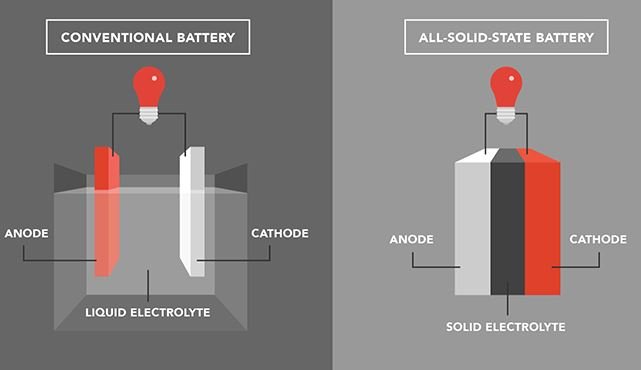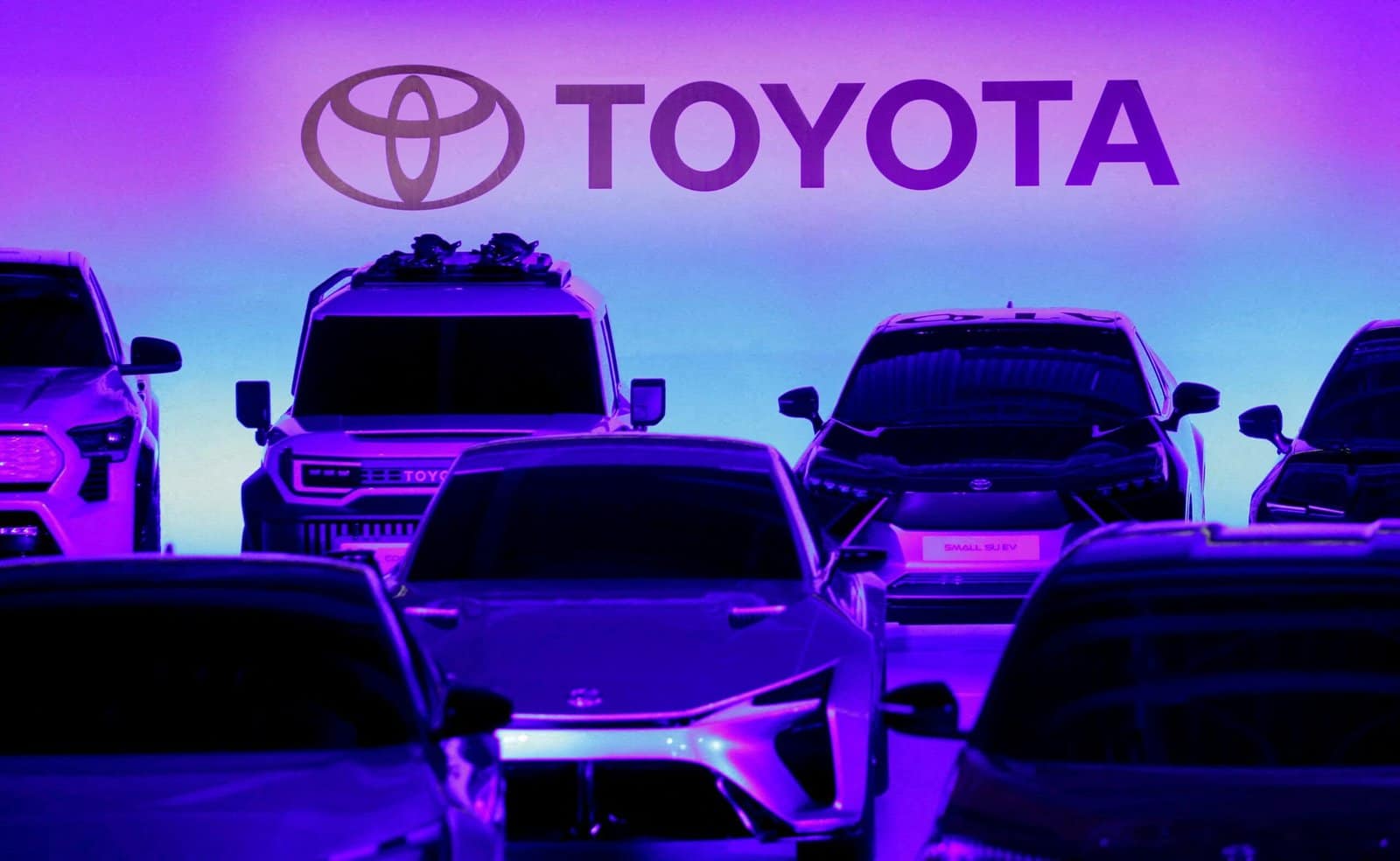Toyota intends to introduce 30 vehicles powered by solid-state batteries by 2030, with 3.5 million units sold globally. By 2030, Toyota Motor Corporation, the largest volume automaker in Japan, intends to dominate the electric vehicle industry. In terms of sales volume, Toyota sold more than 9.5 million vehicles powered by conventional fuels in 2022, taking the top spot. Investors have criticised the corporation for its slow adoption of EVs.
According to this perspective, Toyota Motor has pushed to advance battery technology, which is the biggest barrier to the adoption of EVs due to its limited range, lengthy charging time, and safety issues. Toyota has asserted that its solid-state battery technologies are capable of resolving the issues with current lithium-ion batteries.
More than 1,000 patents on solid-state batteries are held by Toyota. Using its unique battery technology, which can provide a driving range of 1,200 km on a single full charge and can be charged in less than 10 minutes, the company plans to introduce an EV by 2027. The premium car brand Lucid Motors currently offers a range of 830 km per charge, but its price of $ 1.4 million makes it inaccessible to many customers. This driving range is the longest among all stated OEMs.
Toyota also intends to introduce its second generation of solid-state batteries, which have a 1,500 km range. Through a partnership with Panasonic called Prime Planet Energy & Solutions Inc., Toyota is developing solid-state batteries. Toyota has hired more than 200 engineers to carry out its visionary initiative. Toyota anticipates using its solid-state batteries in pure electric vehicles first, followed by limited-range hybrid vehicles.

A solid-state battery: what is it?
With the exception of the electrolyte and anode, solid-state batteries resemble typical Li-ion batteries. Electrolytes in solid-state batteries are solid by nature, which lessens the possibility of leakage and overcharging. Additionally to being non-flammable and non-volatile, solid electrolytes are also. Instead of using graphite, anodes are built of lithium metal.
Therefore, compared to the current Li-ion battery, which uses liquid or jelly-like electrolytes, solid-state batteries offer the highest level of safety. Due to the intrinsic solid structure of the electrolytes, solid-state batteries may also operate at a wide range of temperatures (between 30 and 100 °C). For its batteries, Toyota uses electrolytes based on sulphur.
Additional Benefits of Solid-State Batteries
- The growth of the dendritic on the anode is constrained as a result of solid electrolytes.
- Solid electrolytes, which allow for faster movement of Li-ions between electrodes with excellent safety, provide fast charging.
- has a high energy density (50–80% greater than electrolytes based on liquids).because there are more active elements present than in liquid electrolytes, there is a thin electrolyte layer, and the operation is high voltage.
- Cobalt and other less hazardous elements are used less frequently.

